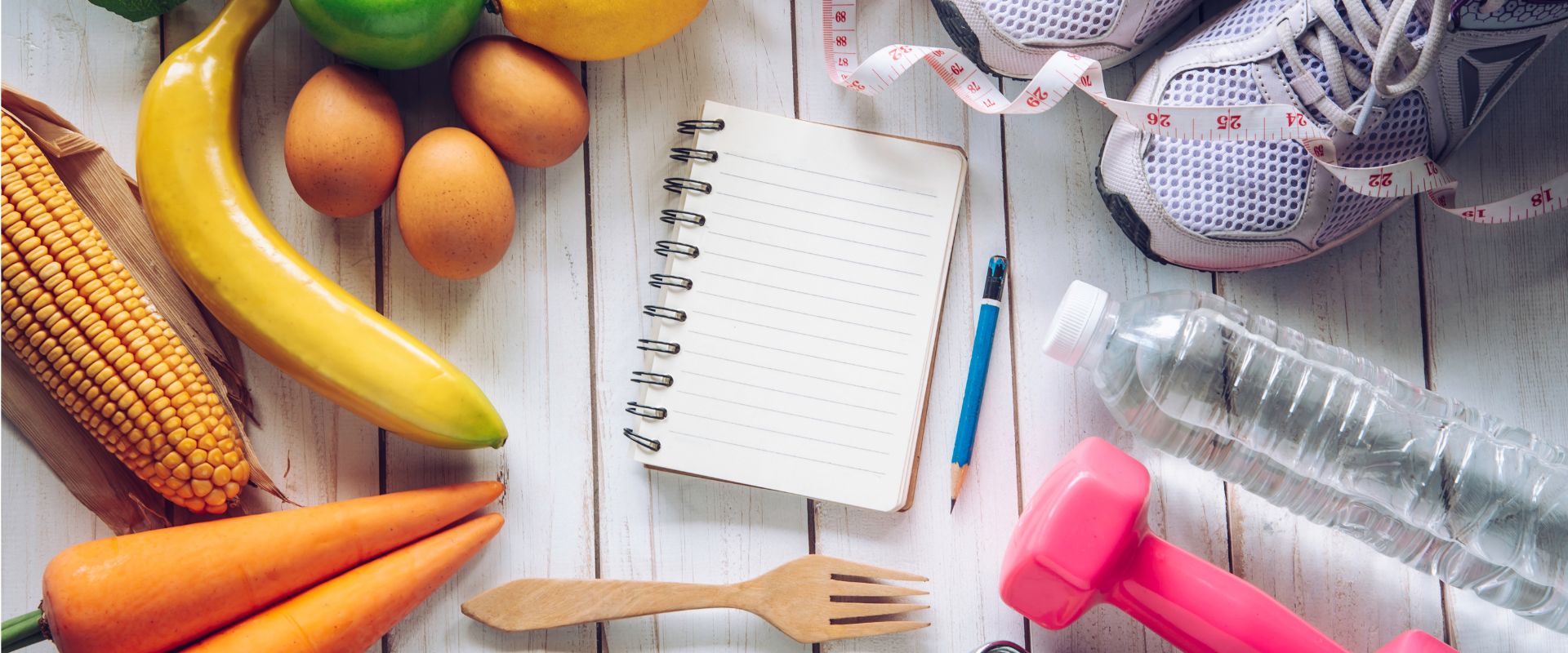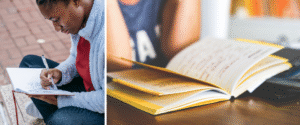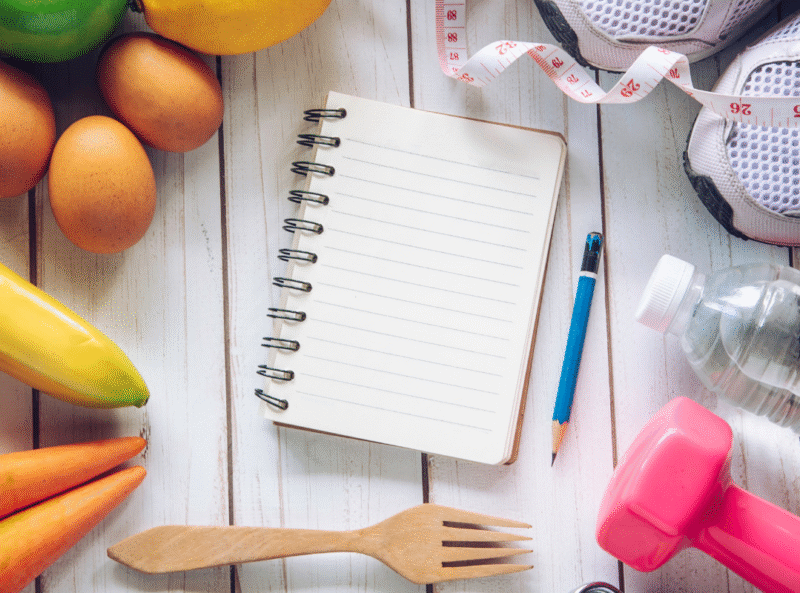Physical Health

This post discusses alcohol, drugs, and other information on substance use. If after reviewing the information and you believe you might have a problem with substance use, it is important that you seek professional assistance.
Fuel Your Body with Balanced Nutrition
- Don’t skip meals – especially breakfast.
- Include protein, whole grains, healthy fats, fruits & veggies in each meal.
- Limit high-sugar, processed, and energy drinks (they lead to crashes).
- Keep healthy snacks in your room or bag (e.g., trail mix, fruit, yogurt).
- Eat balanced meals
Try not to skip meals. Include fruits, veggies, proteins, and whole grains when possible. - Stay hydrated
Carry a water bottle with you – dehydration can cause fatigue and headaches. - Visit the dining hall with a “plate plan”: ½ veggies, ¼ protein, ¼ carbs.
- Stay active Even walking, stretching, or 20 minutes at the gym a few times a week can boost energy and focus.
- Stay Active (Even If You’re Not a Gym Person). Go for a walk. Ride a bike. Just stay active.
- Aim for 30 minutes of movement most days: walking, biking, dancing, intramurals, or group classes.
- Use free campus fitness centers or rec programs.
- Try short workouts if you’re busy. 10–15 minutes still helps.
- Walk to class instead of taking the bus. Use stairs. Stretch between study blocks.
Hydrate Regularly
- Carry a reusable water bottle with you.
- Aim for 6–8 cups (1.5–2 liters) per day.
- Drink extra if you’re active, drink caffeine, or live in a hot climate.
Practice Good Hygiene
- Shower regularly and wear clean clothes.
- Keep your living space tidy to reduce stress and illness.
- Wash hands, sanitize your phone, and clean shared surfaces (especially in dorms).
Manage Stress Physically
- Stress affects your body – tight muscles, fatigue, appetite changes.
- Use movement (yoga, walking), breathing exercises, or body scans to relax.
- Don’t rely on caffeine or junk food as coping mechanisms.
Stay on Top of Medical Needs
Know where the student health center is and what services they offer.
- Keep a small health kit: pain relievers, cold medicine, bandaids, hand sanitizer.
- Stay current on vaccines and prescriptions.
Make Physical Self-Care Part of Your Routine
- Treat physical health like a class – schedule time for meals, sleep, and movement.
- Combine habits: e.g., stretch while reviewing flashcards, or listen to a lecture on a walk.
Quick Daily Physical Wellness Checklist
- ☑️ Ate 3 meals (with fruits/veggies)
- ☑️ Moved my body for 20+ minutes
- ☑️ Slept 7–9 hours
- ☑️ Drank 6–8 cups of water
- ☑️ Took care of hygiene & cleaned up space
Remember, maintaining good physical health and making wise choices can aid in reducing substance use, helping you stay on track at school.
Next Article in Module:
All content on the RTT Virtual Hub is for educational purposes only and is not a substitute for professional advice, diagnosis, or treatment.
If you or someone you know is in crisis, please call or text the 24/7 SAMHSA Helpline at 1-800-662-HELP (4357).
Comments are closed.



